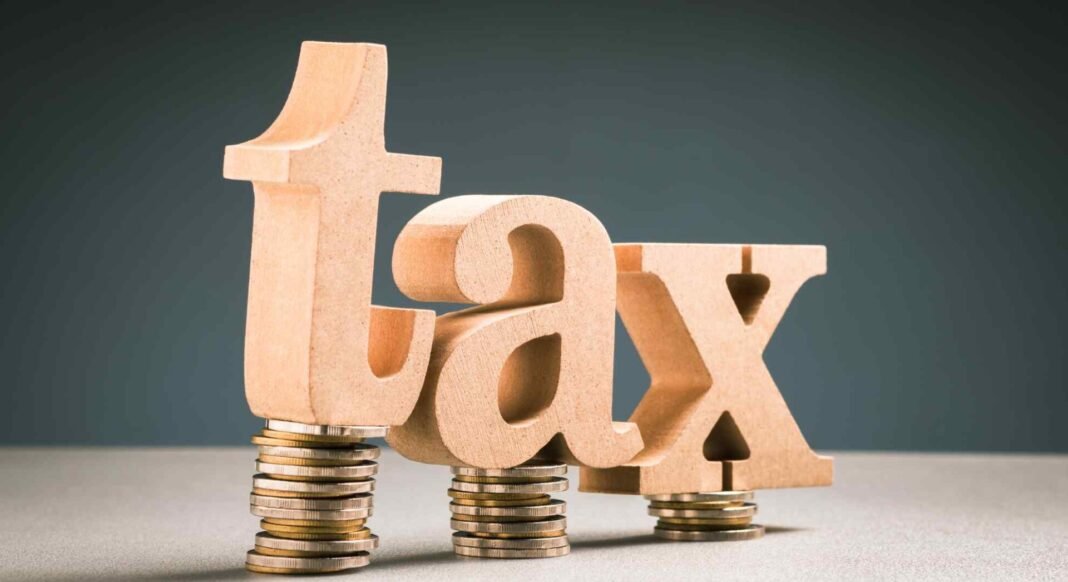Governments worldwide are taking a stand against rising health issues by introducing a sweet solution: the sweet tax. This tax aims to curb sugar consumption and combat-related health problems such as obesity, diabetes, and heart disease. As the global movement gains momentum, let’s explore how different countries implement the sweet tax and its impact on consumers and industries.
The Growing Concern
The increase in sugar consumption over the past few decades has raised significant health concerns. Excessive sugar intake is linked to a range of health issues, including obesity, type 2 diabetes, and cardiovascular diseases. With the global obesity epidemic reaching alarming levels, governments are under pressure to take action and promote healthier lifestyles.
The Concept of Sweet Tax
The sweet tax, also known as the sugar tax, is a policy measure that imposes a levy on sugary drinks and other high-sugar products. The goal is to discourage excessive sugar consumption by making these products more expensive. The revenue generated from the tax is often used to fund public health initiatives and education programs aimed at promoting healthy eating habits.
Implementations Around the World
United Kingdom
In 2018, the United Kingdom introduced the Soft Drinks Industry Levy, commonly known as the sugar tax. The tax targets sugary beverages, with different rates applied based on the sugar content. Drinks with more than 5 grams of sugar per 100 milliliters are taxed at a higher rate. The introduction of the tax has led to a significant reduction in sugar content in soft drinks, as manufacturers reformulated their products to avoid the levy.
Mexico
Mexico was one of the early adopters of the sugar tax, implementing it in 2014. The country faced a severe obesity crisis, with one of the highest rates of obesity in the world. The tax imposed a peso-per-liter levy on sugary drinks. Following the implementation, there was a noticeable decline in the purchase of sugary beverages and an increase in the consumption of healthier alternatives like water.
United States
In the United States, several cities and states have adopted their versions of the sugar tax. Philadelphia, for example, implemented a tax on sugary and artificially sweetened beverages in 2017. The revenue generated has been used to fund education programs, community schools, and pre-kindergarten initiatives. Other cities, such as Berkeley and San Francisco, have also introduced similar taxes with positive outcomes.
Impact on Consumers and Industries
The introduction of the sweet tax has had a notable impact on both consumers and the food and beverage industry.
Consumers
For consumers, the sweet tax has led to a shift in purchasing habits. Many have started opting for healthier alternatives, such as low-sugar or sugar-free beverages. The increased cost of sugary products has encouraged individuals to be more mindful of their sugar intake and make healthier choices.
Industries
The food and beverage industry has responded to the sweet tax by reformulating products to reduce sugar content. Many companies have introduced new low-sugar or sugar-free options to meet consumer demand and avoid the tax. This shift has also spurred innovation, with manufacturers exploring alternative sweeteners and healthier ingredients.
Challenges and Criticisms
While the sweet tax has shown promise in reducing sugar consumption, it is not without its challenges and criticisms.
Economic Impact
Critics argue that the tax disproportionately affects low-income individuals, who may spend a higher percentage of their income on food and beverages. There are concerns that the increased cost of sugary products could lead to economic hardship for vulnerable populations.
Limited Scope
Some critics believe that the sweet tax alone is not enough to address the complex issue of obesity and related health problems. They argue that a comprehensive approach is needed, including education, access to healthy foods, and broader public health initiatives.
The Future of Sweet Tax
The sweet tax is a relatively new policy measure, and its long-term impact is still being studied. However, early results are promising, with many countries reporting reductions in sugar consumption and improvements in public health. As more governments consider adopting similar measures, the sweet tax could play a crucial role in promoting healthier lifestyles and reducing the burden of chronic diseases.
The global shift towards implementing the sweet tax reflects a growing recognition of the need to address the health risks associated with excessive sugar consumption. While the tax is not a silver bullet, it is a step in the right direction. By making sugary products more expensive and funding health initiatives, the sweet tax has the potential to drive meaningful change and improve public health outcomes.






